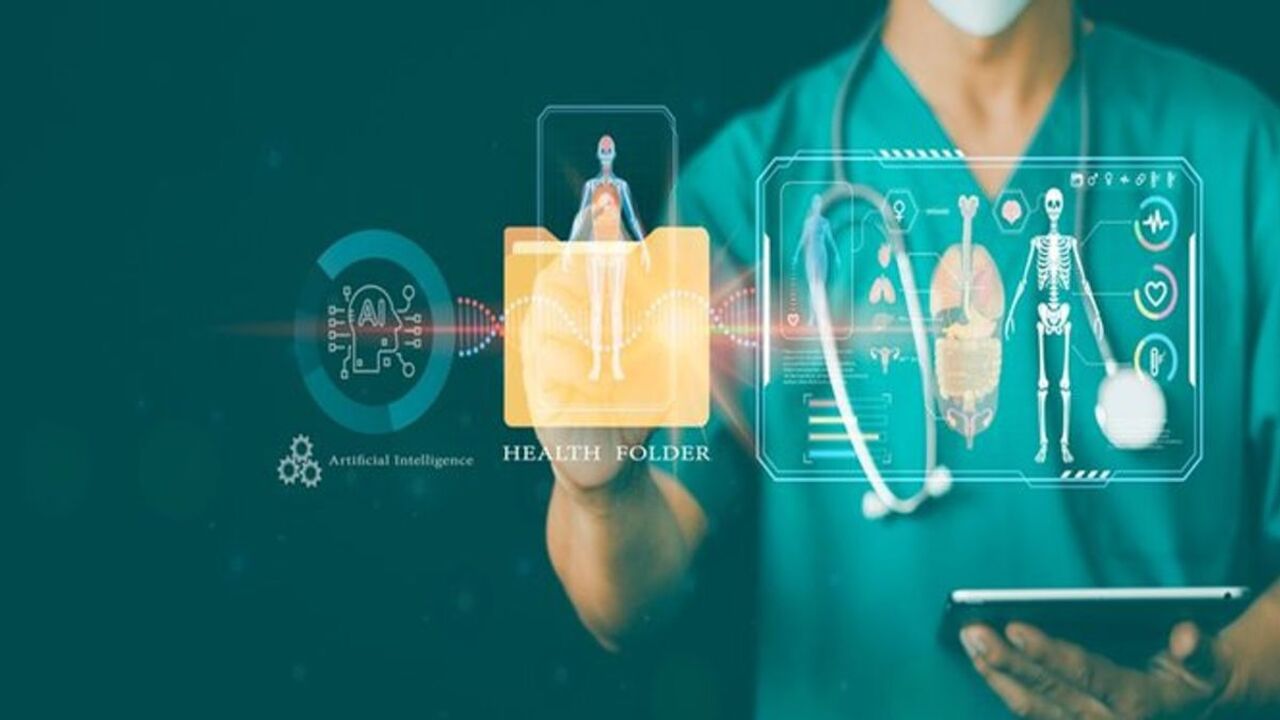Advancement in AI and health
The advancement in health has created a revolution in modern healthcare. Medical facilities worldwide are adopting smart technologies. These tools help doctors make better decisions. Patients benefit from faster and more accurate treatment. Healthcare providers can now focus more on patient care than paperwork.
Digital innovations have changed how medical professionals work. AI algorithms can predict health issues before they become serious. Machine learning systems analyze vast amounts of medical data quickly. Continuous patient vital data collection happens through remote monitoring devices. The combination of technological progress through advancement in AI and health applications enables better access to efficient care for all patients.
How AI Algorithms Improve Medical Diagnoses
AI-powered diagnostic tools have impressive accuracy rates. They can detect diseases from medical images within seconds. Radiologists use these systems to find small abnormalities in scans. Early detection leads to better treatment outcomes. Patients receive care before conditions worsen.

Medical facilities save time with automated screening processes. One AI system can examine thousands of images daily. This reduces the burden on specialists. Healthcare workers can see more patients. The digital health transformation is most visible in diagnostic departments. AI works alongside doctors rather than replacing them.
Patient Care Enhancement Through Smart Technologies
Smart technologies have personalized patient care approaches. AI chatbots answer basic medical questions immediately. Remote monitoring devices track chronic conditions at home. Patients feel more involved in their healthcare journey. These tools create a continuous connection between appointments.
Healthcare providers receive alerts about concerning changes in patient data. They can intervene before emergencies happen. Virtual nursing assistants provide medication reminders. AI systems help manage hospital resources efficiently. The advancement in Artificial Intelligence and health means better experiences for patients and providers alike.
Digital Health Transformation in Treatment Planning
Treatment planning has evolved with computational assistance. AI analyzes which treatments work best for specific patient profiles. Doctors receive evidence-based recommendations quickly. Medication interactions are flagged automatically. This reduces potential adverse events significantly.
Personalized medicine has become more accessible through technology. AI systems consider genetic factors when suggesting treatments. Surgical planning benefits from 3D modeling and simulation. Recovery predictions become more accurate. The digital health landscape continues to expand treatment possibilities every year.
The Role of Machine Learning in Healthcare Research
Medical research has accelerated through machine learning applications. Algorithms can identify patterns in massive datasets. Drug discovery processes that once took years now take months. Researchers test hypotheses faster than ever before. Technology helps scientists focus on promising directions.
Clinical trials benefit from advanced diagnose participant matching. AI predicts which patients might respond well to experimental treatments. Research costs decrease with more efficient processes. Data analysis happens continuously rather than periodically. The advancement in AI and health research will lead to breakthrough treatments sooner.
Ethical Considerations in Healthcare AI Implementation
Ethical questions arise with increased AI use in healthcare. Patient data privacy must remain a priority. Security systems need constant updates against new threats. Healthcare facilities must balance innovation with protection. Clear policies help maintain trust in digital systems.

Decision transparency matters when AI influences medical choices. Patients deserve to understand how recommendations are generated. Bias in algorithms can lead to healthcare disparities. Regular audits of AI systems are necessary. The automated health transformation must proceed with careful ethical consideration.
Cost Reduction Through AI-Powered Efficiency
Healthcare costs decrease with intelligent resource management. AI systems optimize staffing based on predicted patient loads. Administrative tasks become automated and error-free. Insurance processing happens faster with machine assistance. Hospitals save money while improving care quality.
Preventative care improves through early intervention recommendations. AI identifies high-risk patients before costly complications develop. Remote monitoring reduces unnecessary hospital visits. Digital health solutions make healthcare more affordable long term. The advancement in AI and health creates economic benefits alongside medical ones.
Future Directions in Healthcare AI Development
Wearable technology will become more sophisticated and integrated. AI assistants will provide real-time health guidance to users. Medical education will incorporate AI training for all healthcare students. International collaboration will accelerate innovation. The medical field will look dramatically different within a decade.
Robotics and AI will continue merging in surgical applications. Virtual reality will enhance rehabilitation programs. Mental health support will become more accessible through AI companions. Rural areas will gain access to specialist knowledge through telehealth. The automated health transformation journey has only just begun.
Preparing Healthcare Workers for an AI-Enhanced Environment
Medical education now includes technology training components. Healthcare professionals learn to work alongside AI tools. Critical thinking remains essential for evaluating AI recommendations. Human compassion provides what technology cannot. The workforce is adapting to this new landscape.
Continuing education helps experienced providers embrace new tools. Technical support teams become crucial in modern healthcare facilities. Collaborative approaches yield the best patient outcomes. The advancement of AI in health requires human expertise to reach its full potential. Healthcare remains fundamentally human despite technological progress.
Global Impact of AI on Healthcare Access
AI-powered telehealth services bridge geographical barriers effectively. Remote communities gain access to specialist consultations. Language translation tools facilitate international medical collaboration. Global health initiatives leverage AI for disease surveillance. Technology helps distribute medical expertise more equitably.
Developing regions benefit from diagnostic AI that requires minimal infrastructure. Mobile applications provide health guidance where doctors are scarce. Digital health makes quality care possible in previously underserved areas. Knowledge sharing happens instantaneously across borders. Healthcare equity improves through technological accessibility.
Embracing the Digital Health Revolution
The integration of AI in healthcare represents a fundamental shift. Short-term adjustments lead to long-term benefits. Patients receive more personalized and effective care. Healthcare workers gain powerful assistants in their daily work. The system becomes more efficient and accessible overall.
The advancement in AI and health continues at an impressive pace. Medical facilities that adapt will thrive in this new environment. Digital health transformation touches every aspect of healthcare delivery. The future looks promising for technologically-enhanced medicine. Follow Dp World News for more information about health innovations.





